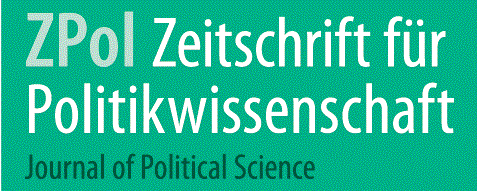The German decision to abstain in voting on Resolution 1973 came as a surprise to both domestic and international observers. Amidst a wide range of actors and faced with a rapidly changing environment, the government needed to be able to balance challenges on the international as well as on the national level.
Decision-makers were not only confronted with the question on how to react to the worsening situation in Libya but also with the aftermath of the Fukushima catastrophe and the upcoming state elections in Baden-Wurttemberg and Rhineland-Palatine. The case study will show the specific features of decision-making in times of crisis that is characterized by high complexity, a multitude of actors, time pressure and conflicting normative guidelines.
In August 2014, the international community saw itself confronted with the imminent danger of genocide, committed against the religious group of the Yezides who reside in the north of Iraq. Facing the rapid advance and brutality of the terror group calling itself “Islamic State” (IS) that rampaged in parts of Syria and Iraq, the international community had to ask itself how this brutality and violence could be stopped. The international community had assumed that the advance of the IS could be curbed by regional forces, but IS gained ground more rapidly than expected and proved this assumption wrong.
Pressure to act quickly continued to rise, worsened by the imminent danger thousands of Yezides were facing who had fled their homes into the Sindshar Mountains. But the Yezides where still surrounded by IS and soon their basic humanitarian supplies came to an end Confronted with the double thread of a loaming humanitarian catastrophe and potential massacre, the German government decided to ship weapons to Kurdish groups in the region – fuelled by the hope that would be more effective than the Iraqi army in fighting IS. This was a difficult decision for the German government since it clashed with a long standing doctrine in German foreign policy: the ban to sell weapons to crisis ridden areas.
Authors
You will find this and many other Case-Studies on regierungsforschung.de and on www.reformkompass.de.
Suggested Citation
Fröhlich, Manuel / Tröller, Natalie (2014): Decision Making in Times of Crisis: Germany’s decision to abstain from Security Council Resolution. Published in: Regierungsforschung.de, Cases. Available online: https://regierungsforschung.de/teaching-case-decision-making-in-times-of-crisis-germanys-decision-to-abstain-from-security-council-resolution-1973/







